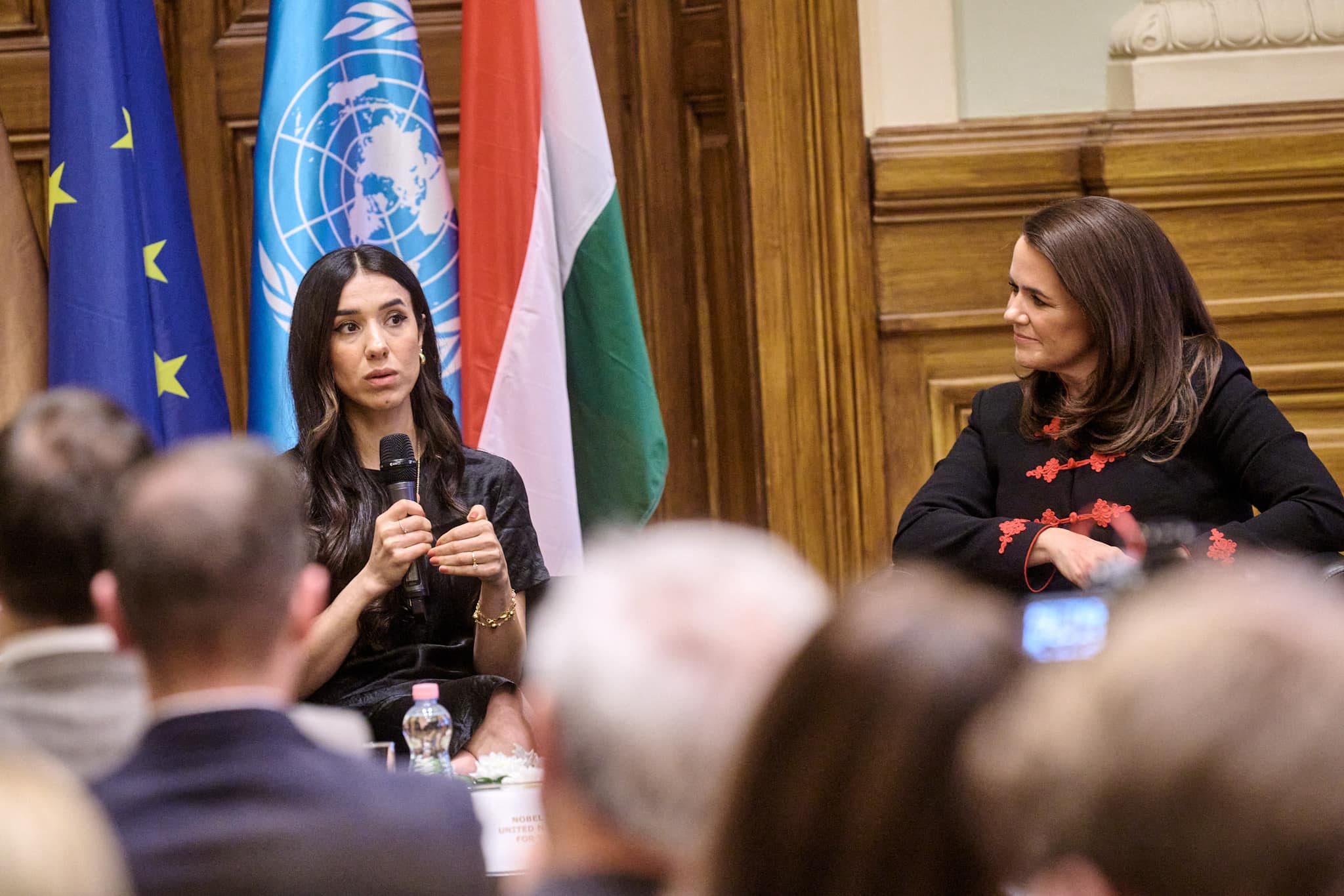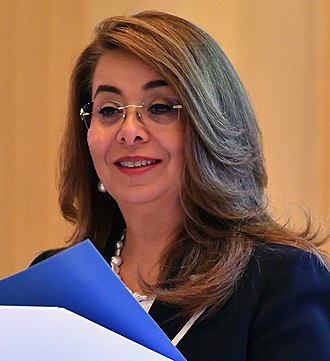
The program is organized in the framework of the Orange the World international campaign.Continue reading

Human rights must be continuously fought for so that various forms of its violations are not repeated, emphasized President Katalin Novák on Tuesday in Budapest at an international roundtable discussion organized on the occasion of the 75th anniversary of the Universal Declaration of Human Rights.
The head of state added that with regard to the protection of human rights, every country must reflect on the situation within its own borders and ask whether the most basic human rights are indeed guaranteed to all its citizens, reports Hirado.hu.
On women’s empowerment, she said it was important that women not only in business and academia, but also in public policy, can help raise awareness and prevent or resolve conflicts.
Recalling her visit to Erbil and its surroundings in Iraq a year ago, Katalin Novák noted that it was considered dangerous because of the security risks, and the trip convinced her that people cannot talk about superior human cultures based on money or other measures of value, and that people in trouble and vulnerable states need to be helped.
In addition to the Hungarian Head of State, the roundtable discussion was attended by Nobel Peace Prize laureate Nadiye Murad, human rights activist, Ghada Waly, Director of the UN Office on Drugs and Crime (UNODC) in Vienna, and Katalin Bogyay, President of the Hungarian UN Society.
Human rights activist, Nadiye Murad, was awarded the 2018 Nobel Peace Prize for her work in the fight against the use of rape as a weapon of war. She stressed in a conversation with Novák that
people must decide what kind of world they want to live in, seeing violence and violations, and then help oppressed minorities to defend their language, culture, and human dignity.
The young woman was raped after being abducted from the autonomous region of Iraqi Kurdistan by Islamic State militants in 2014, but successfully escaped from captivity. She noted that even while studying at the University of Washington, she regularly returns to her country to work with her colleagues to restore the Yazidi minority’s daily lives and to promote their civil rights by building roads and schools.
Ghada Waly underlined that while the Universal Declaration of Human Rights adopted in Paris in 1948, translated into more than 500 languages, has led to significant progress worldwide, the exercise of fundamental rights remains a challenge in many parts of the world. For instance, according to some data, around two billion people are currently living in or near war-torn conflict zones where international violations are systematic and aid is not always reaching people in need.

Ghada Waly. Photo via Wikipedia
The human rights activist pointed out that
110 million people are currently forced to live as refugees far from their place of origin and continue to be targets of trafficking and organized crime.
She stressed that 60 percent of human trafficking victims are women and girls, the majority of whom are also victims of sexual violence or exploitation. She also said that in 2022, 89,000 women were victims of intentional homicide worldwide.
Waly added that the protection and enforcement of human rights is not only a universal responsibility of states but also of individuals. Moreover, she believes that it is through the active engagement of rights-holding people, including women, and educating young people to respect their rights, that results can be achieved, and that the UN will continue to support the work of rights defenders.
Via Hirado.hu, Featured image via Facebook/Novák Katalin